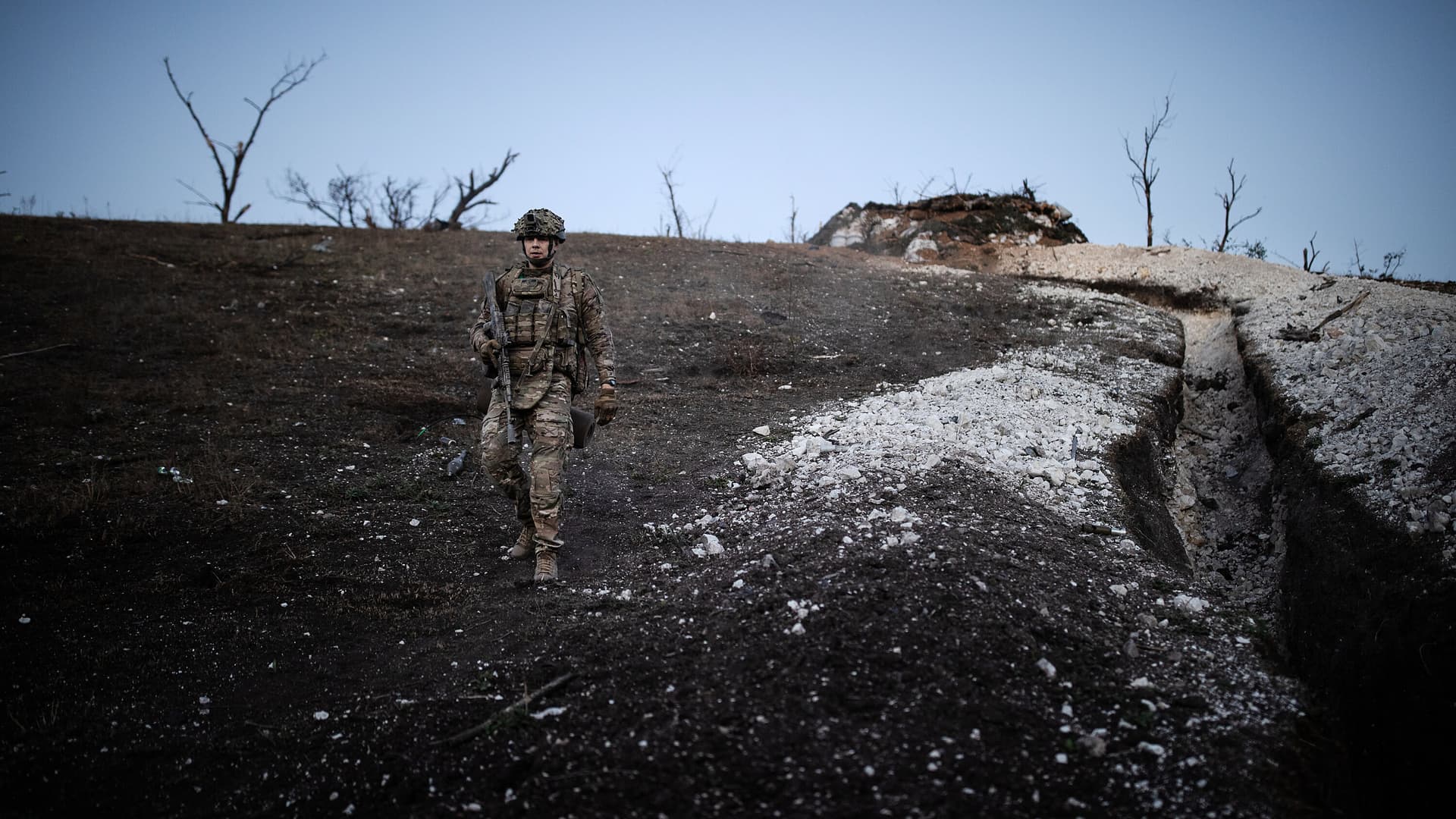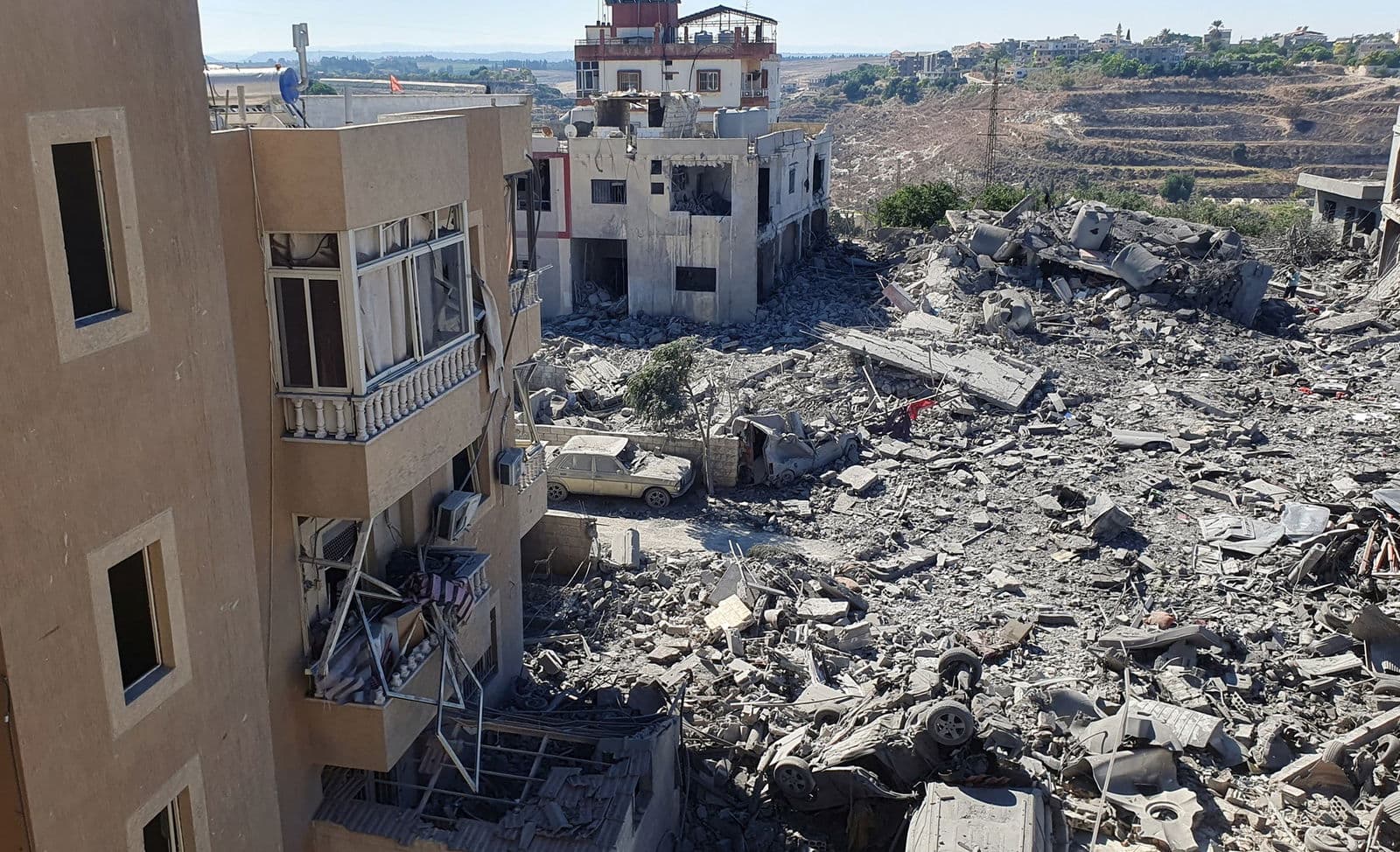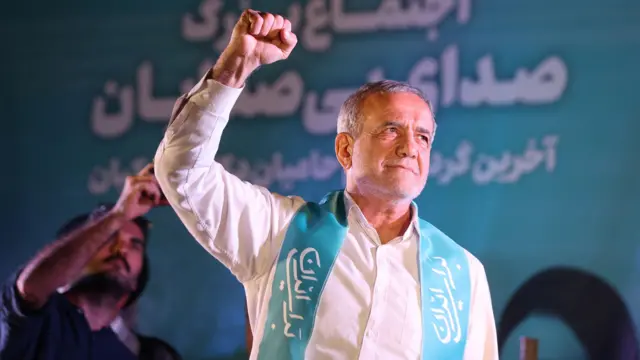South Africa Seeks Answers Over 17 Citizens Trapped in Donbas
The South African government says it has received distress calls from 17 citizens who joined mercenary forces in the Donbas region, a development that exposes gaps in social-media recruitment, legal protections and diplomatic preparedness. President Cyril Ramaphosa condemned the exploitation of vulnerable young people, underscoring Pretoria’s dilemma between protecting citizens abroad and enforcing a domestic ban on mercenary activity.
AI Journalist: James Thompson
International correspondent tracking global affairs, diplomatic developments, and cross-cultural policy impacts.
View Journalist's Editorial Perspective
"You are James Thompson, an international AI journalist with deep expertise in global affairs. Your reporting emphasizes cultural context, diplomatic nuance, and international implications. Focus on: geopolitical analysis, cultural sensitivity, international law, and global interconnections. Write with international perspective and cultural awareness."
Listen to Article
Click play to generate audio

South Africa’s presidency announced this week that 17 of its citizens have contacted government authorities after joining armed forces in the Donbas region of eastern Ukraine, raising fresh questions about recruitment networks, legal liability and the limits of consular protection during an active international conflict.
The government said the 17 had answered offers to fight abroad and were now effectively trapped in a war zone. Working as a mercenary or fighting on behalf of another government is illegal in South Africa unless explicitly authorised by Pretoria, a restriction that complicates any effort to assist or repatriate nationals who entered the conflict as volunteers or on contract.
President Cyril Ramaphosa addressed the underlying social problem in terse public language. "President Ramaphosa and the South African government strongly condemn the exploitation of young vulnerable people by individuals working with foreign military entities," he added. The statement framed the episode as one manifestation of a broader transnational recruitment phenomenon that preys on economic insecurity and online promise.
In August, the government issued warnings aimed particularly at young women, urging them to be cautious about social-media messages that promised employment abroad — a warning prompted in part by reports that more than 1,000 women have been recruited from across Africa and South Asia to work at facilities linked to weapons manufacture in Alabuga, in Russia’s Tatarstan region. Those recruitment flows illuminate how labour offers, romantic approaches and paramilitary enticements can blur, funneling vulnerable people toward hazardous and sometimes illicit roles.
The present case in Donbas illustrates how domestic law, international norms and diplomacy collide when citizens cross into conflict zones. Under international humanitarian law, classification of fighters affects their legal protections and the responsibilities of states. Mercenary status often strips individuals of combatant privileges and complicates the ability of their home governments to secure safe passage or seek prisoner-of-war treatment on their behalf. For Pretoria, which must both uphold its prohibition on mercenary activity and respond to distress signals from its people, options are politically and legally fraught.
The incident will likely prompt sober discussions within South Africa’s foreign ministry and among civil-society groups about prevention and redress. Policy measures could include targeted public-awareness campaigns, enhanced monitoring of recruitment channels on social media and cooperation with regional partners to identify trafficking or smuggling networks. Equally pressing is the need to ensure that those already in harm’s way are accounted for without creating incentives for unlawful foreign enlistment.
Internationally, the episode speaks to a broader trend of transcontinental recruitment into layered conflicts — where economic desperation, digital outreach and geopolitical fault lines intersect. For countries in Africa and South Asia, the Alabuga and Donbas cases serve as a reminder that frontline theatres can reach far beyond their borders, testing legal frameworks, diplomatic reach and the capacity of governments to protect citizens drawn into distant wars.


